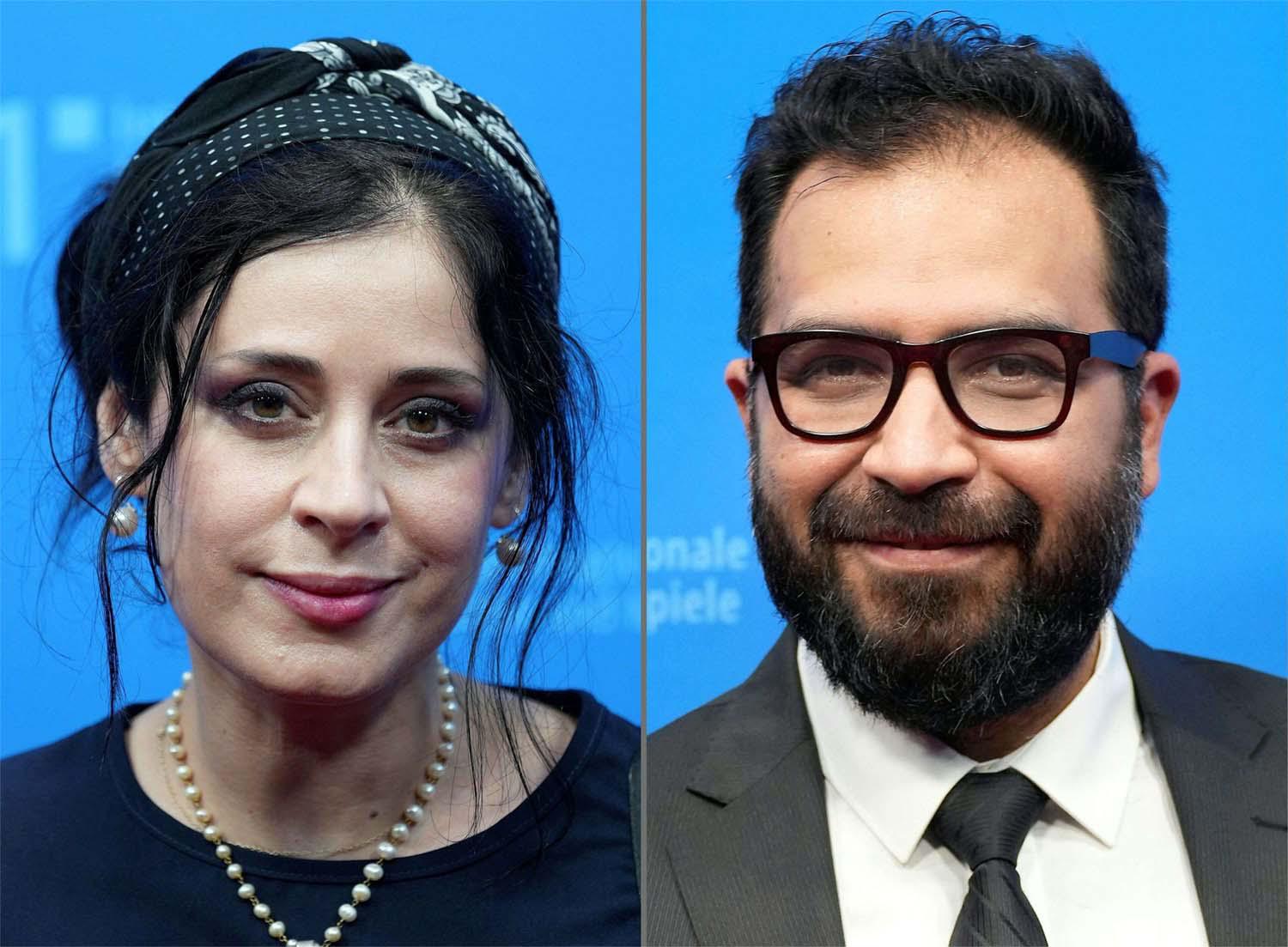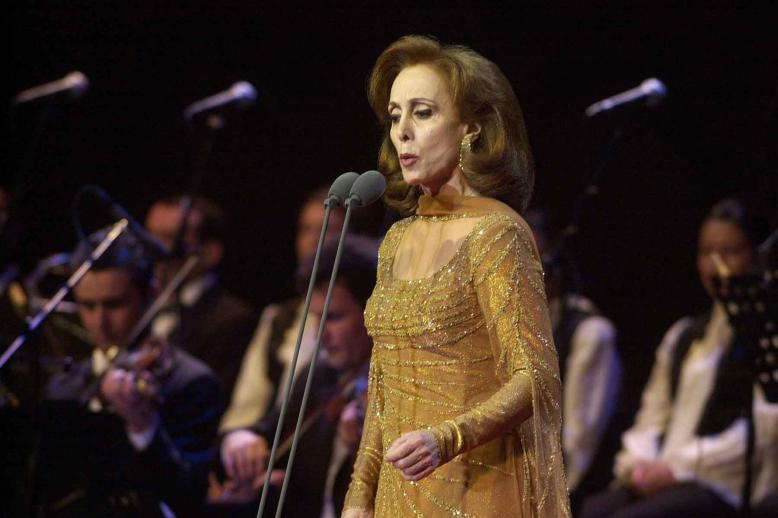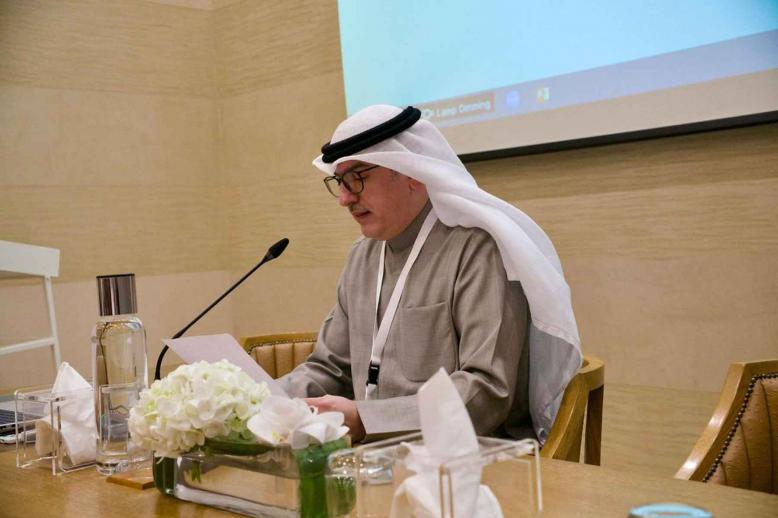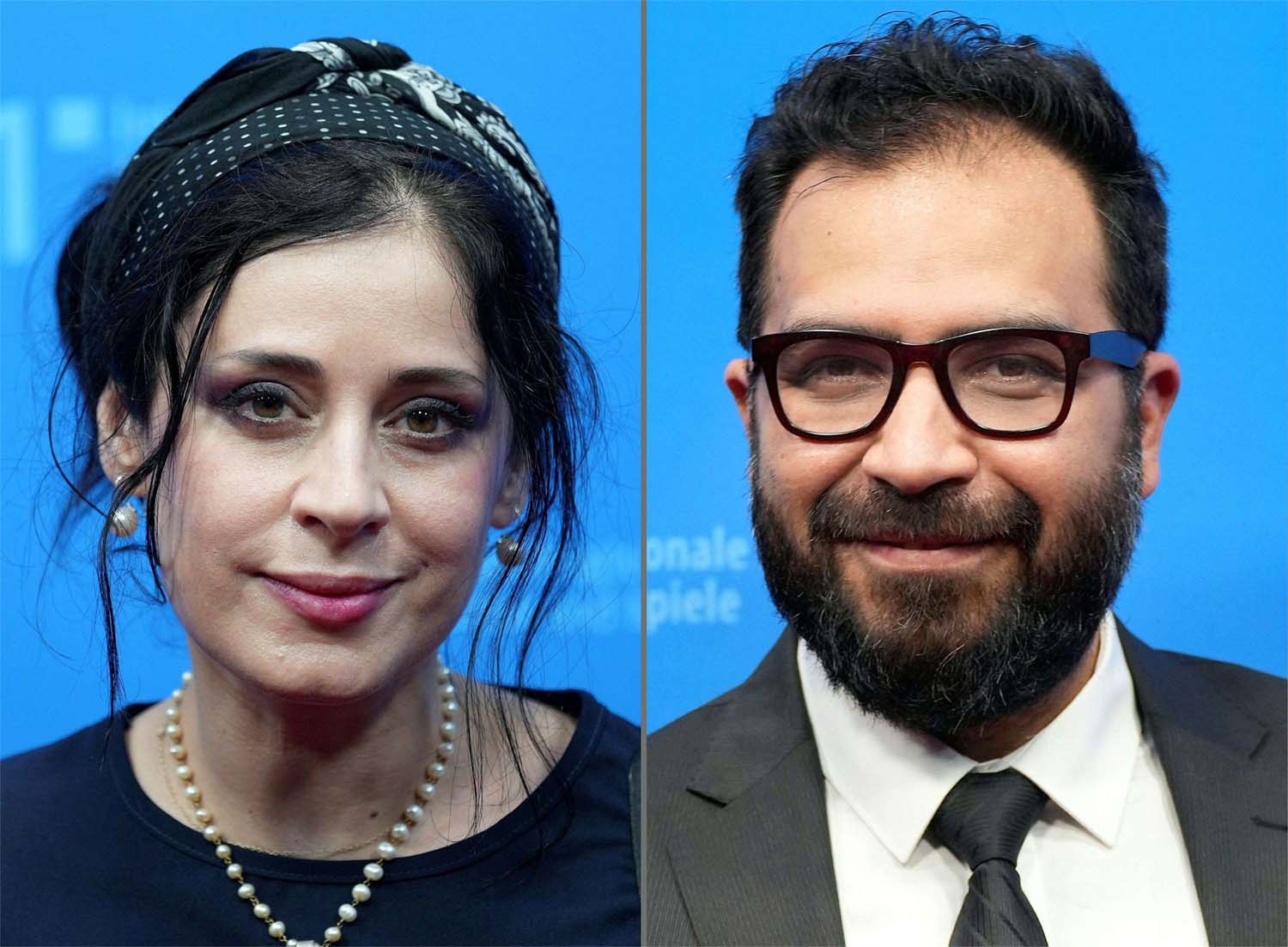Empty chairs at Berlin premiere mark Iranian directors’ absence
BERLIN - Empty chairs marked the absence of Iranian directors Maryam Moghaddam and Behtash Sanaeeha who should have presented "My Favourite Cake", a late-in-life romance of liberation from morality rules, at the Berlin Film Festival on Friday.
"We are forbidden from joining you and watching a movie on the silver screen that is about love, about life, and also about freedom, a lost treasure in our country," the directors said in a statement read to journalists by lead actor Lily Farhadpour, who was able to attend the news conference alongside fellow star Esmail Mehrabi.
Starring as Mahin, a 70-year-old woman in Tehran, Farhadpour drinks wine, dances and holds hands with Mehrabi, who plays Esmail, as they fall in love in the 97-minute movie.
"We have come to believe that it is no longer possible to tell the story of an Iranian woman while obeying strict laws such as the mandatory hijab," the directors wrote in the letter.
Both directors, who brought the film "Ballad of a White Cow" to Berlin in 2021, were prevented from travelling by Iranian authorities.
The festival's organisers in a statement on Feb. 1 called for authorities to reverse their decision.
Iranian officials could not be reached for comment on Friday, the weekend in Iran, but media reports have said the pair were subject to travel bans on unspecified grounds.
Farhadpour, who is also a writer and journalist, said "My Favourite Cake" was filmed before the death of a young Iranian Kurdish woman in the custody of the country's morality police in September 2022 triggered protests across Iran.
"All of this is somehow connected and still we made the decision to film the way we did before the protests," she said, adding she was drawn to the film because of its depiction of the reality of women's lives.
"Women don't wear the hijab when they're sleeping, they don't do the laundry wearing the hijab, and this means in Iranian films, the characters just aren't close to reality if they have to adopt this," she said.






